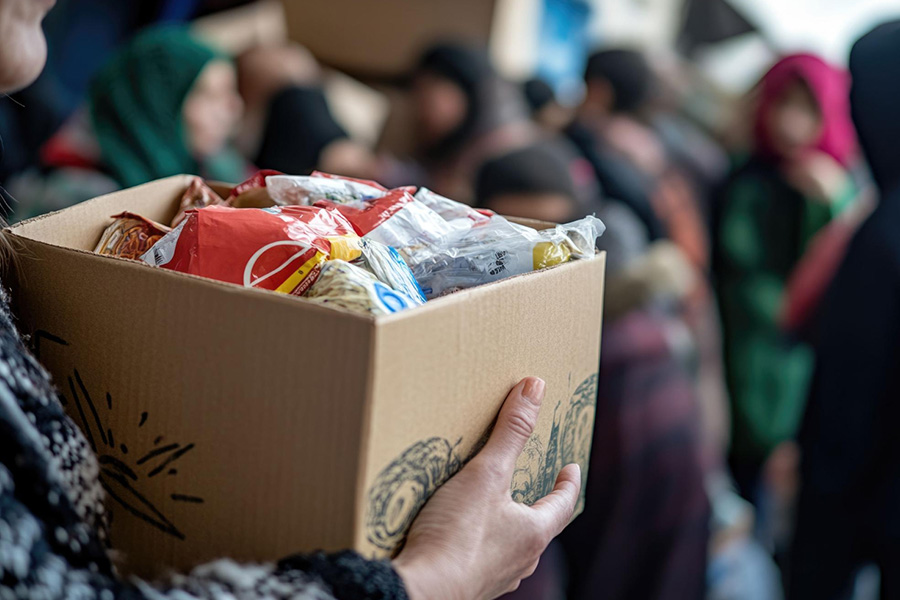
Popular sovereignty and humanitarian intervention can be reconciled through consent from legitimate representatives.
Author
Vesselin Popovski, Professor, Jindal Global Law School, Centre for the Study of United Nations, O.P. Jindal Global University, Sonipat, India; Sofia University, Sofia, Bulgaria; 1-18-5 Wakaba, Flat 101, Shinjuku-ku, 160-0011, Japan
Summary
This article argues that standing authorizations should be accompanied by consent from legitimate representatives as to protect the inviolability of popular sovereignty and serve as a ‘gatekeeper’ against abuse of humanitarian and restorative interventions. If sovereignty arises from people, not from an absolute divine authority, then people, with their recognized representatives, can invite interventions. Governments, disregarding elections results, or, worse, committing crimes against humanity against their people, effectively forfeit their absolute sovereignty both internally to people, and externally to other states, by violating jus cogens and universal norms. Seen this way, popular sovereignty and ad hoc consent for humanitarian intervention are no longer antagonistic and can be reconciled. When people, through their legitimate representatives, invite external intervention, they effectively exercise popular sovereignty.
Published in: Fudan Journal of the Humanities and Social Sciences
To read the full article, please click here.

